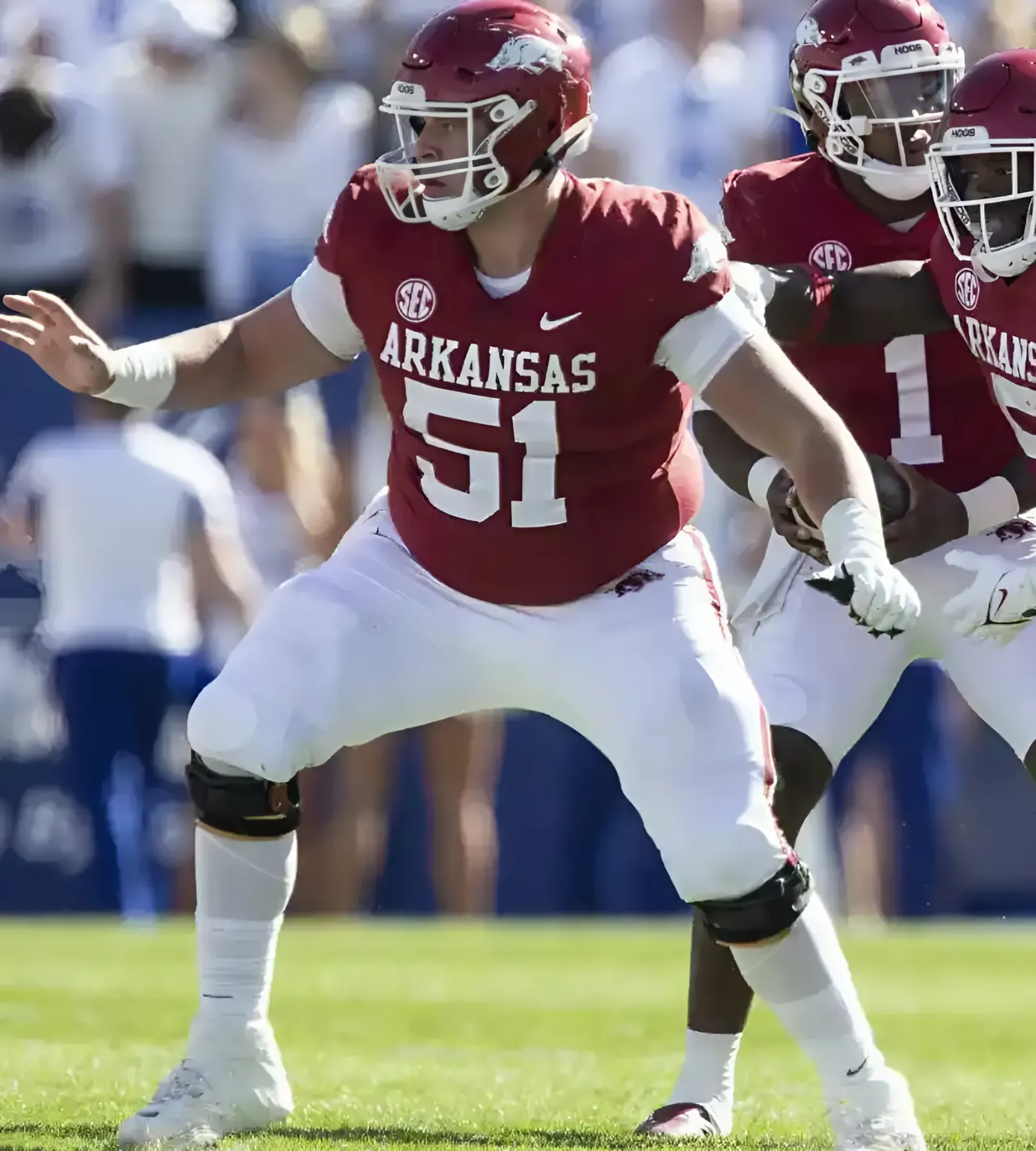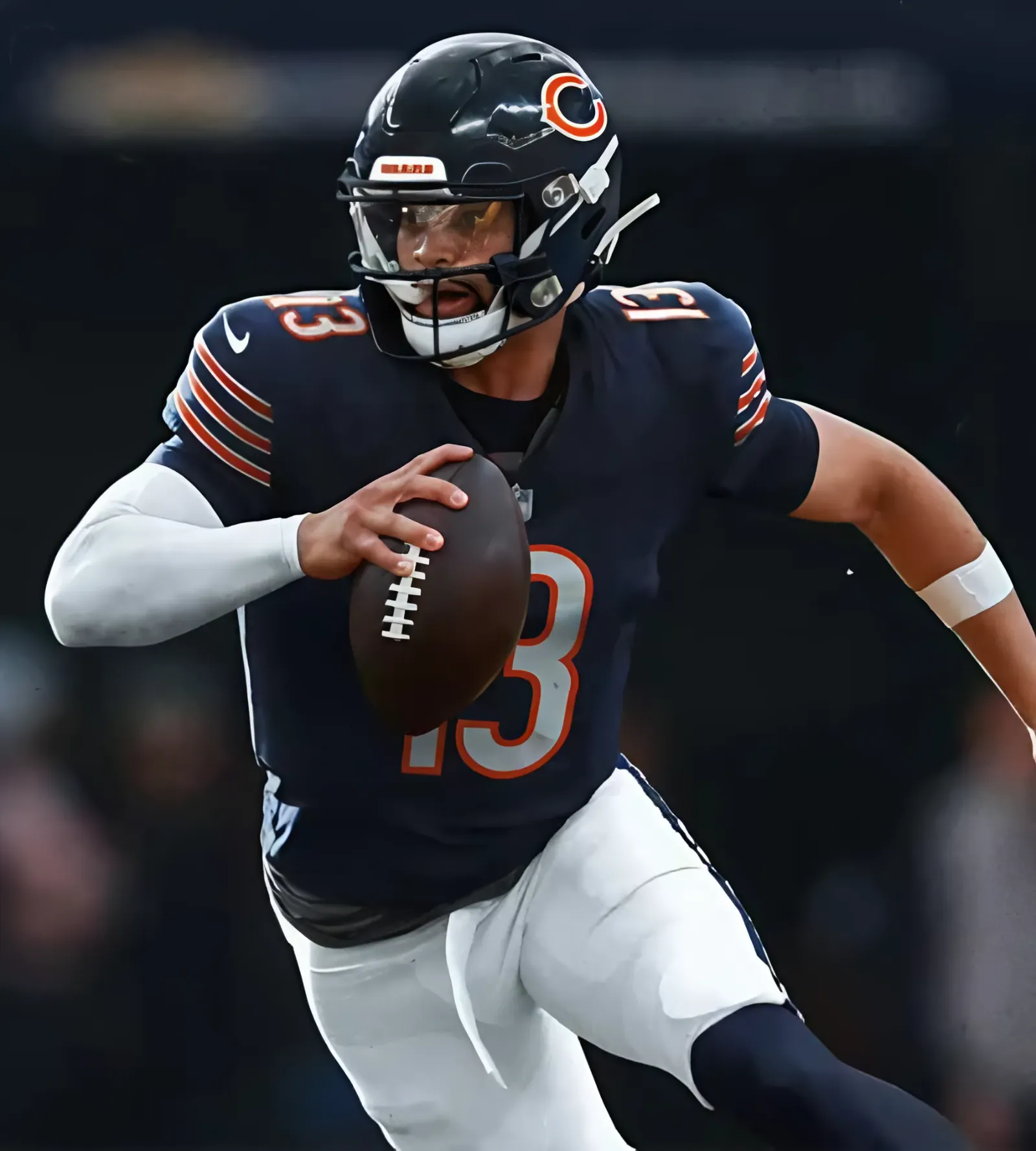A 12-4-1 record. A three-game win streak. Two points out of first place in their conference. A plus-20 goal differential. A goals-allowed average of 2.4 per game.

Looks pretty good for the team in question, right?
Maybe. Right now, though, that gaggle of seemingly promising metrics is serving as little more than a desert mirage that’s obscuring said team’s significant shortcomings.
The team in question is, of course, the New York Rangers. Despite the 2-0 start to their four-game western road trip that included a 4-3 win over the Vancouver Canucks on Nov. 19 – perhaps their most spirited victory of the young season – the Blueshirts are facing serious underlying deficiencies that threaten to derail their season if they aren’t addressed.
Why so gloomy? Well, because the Rangers’ win over Vancouver was only their second of the season against a team that’s won more than half of its games (and that result dropped the Canucks to 9-9 overall). They’ve feasted on the struggling Detroit Red Wings, beating them three times by a combined 13-3, and victories over bottom-feeders such as the Pittsburgh Penguins, Anaheim Ducks and San Jose Sharks have further inflated the Blueshirts’ record in a manner not representative of the level of hockey they’ve played in 2024-25.
Rangers’ Record Belying Myriad of Deficiencies
So, the schedule is the schedule. The Rangers are taking advantage of a soft early slate to rack up points. What’s the problem?
Nothing, really. Just that … they don’t win puck battles or defend well in their own end. They struggle badly to deny zone entry. They don’t control the middle of the ice and the front of their net well at all, and, going hand in hand with that, remain awful against the rush, just as they were last season.
Other than that, all’s well.
These Rangers, so committed last season to the 1-3-1 system that they asked for and received from new coach Peter Laviolette, appear to have all but abandoned it in Laviolette’s second season. Opponents carry the puck up ice with impunity, encounter little resistance at the blue line and generally find golden scoring chances waiting just beyond that – which is precisely what happened on Vancouver’s goal 34 seconds into the game off the stick of Quinn Hughes, and Conor Garland’s goal that tied the game at 3 in the second period.
These Rangers are a highly-talented group that has covered up yawning defensive deficiencies with scoring depth and often-spectacular work by the best goaltending tandem in the NHL in Igor Shesterkin and Jonathan Quick. To say that can’t last isn’t a prediction, it’s an eventuality.
“We played a really good first period, maybe one of our best,” Laviolette said after the victory over the Canucks. “We could have done a couple things differently that maybe could have helped prevent (the first goal), but to come right back and score, to me, that’s important.”
Laviolette is hardly Mike Keenan when it comes to coaching style, but his apparent detachment from his team’s alarmingly irresponsible play this season has been very curious. He seems unbothered by the disappearance of the structured alignment he and his staff put in place last season, and quotes such as the one above that seem to gloss over the bevy of grade-A chances his club allows have been frequent after games.
The most eyebrow-raising such instance occurred after a 6-1 home rout at the hands of the Buffalo Sabres on Nov. 7, a disheaterning performance that saw the Sabres score four times in the second period. Laviolette defended his team’s defensive effort during a postgame press conference that bordered on delusional.
Shesterkin and Quick have put on a goaltending clinic this season, already providing enough eye-popping saves off of high-percentage scoring chances to put together a long highlight video. Shesterkin, whose 394 shots faced are seventh-most in the league, has a .911 save percentage. The 38-year-old Quick has been all but unbeatable in his five games (four starts), registering shutouts in two of them and posting a .970 save percentage and 0.91 goals-against average.
That’s the overwhelming reason why this team is where it’s at. The problem, along with the fact that any dip in performance from the two goalies could lead to disaster, is that this precarious formula hasn’t worked against top opponents. The Rangers have gone 0-3 against the Florida Panthers, Washington Capitals and Winnipeg Jets – all at or near first place in their respective divisions.
That’s anything but surprising. In Quick’s 4-0 victory over the Red Wings on Nov. 9, the future Hall of Famer was bombarded, turning away 37 shots as Detroit dominated possession with a 59.1 expected goal share and registered 14 high-danger chances to the Rangers’ seven – this after the decidedly mediocre Wings had played in Toronto the night before.
Blueshirts Can’t Keep Relying Only on Goaltending, Scoring Depth
It won’t work long-term. The schedule will get tougher. As encouraging as the over Vancouver was, there’s a ton to do to get this team back into a competitive defensive posture – that is, if the players are even interested in doing it.
Too much evidence exists that these Rangers remain a difficult team to lead. They’ve cycled through coaches over the past 10 years, alternating between “laid-back” and, let’s say, more “detail-oriented” bench bosses.
Laviolette’s hiring came after the firing of Gerard Gallant after two seasons, with players indicating in 2023 exit interviews that they wanted a coach who would implement more on-ice discipline, teaching and hands-on leadership, supposedly giving the club a basis of fundamentals to fall back upon on a nightly basis.
That seems to have held the Blueshirts’ interest for one season. The Rangers bought into Laviolette’s 1-3-1 that is designed to disrupt easy movement through the neutral zone in 2023-24, but there’s little evidence that it exists at all now. It’s impossible to say if this group simply can’t buy into such a structured approach for the long term, or the team’s brilliance in goal has bred laziness in front of Shesterkin and Quick, or both.
What is certain is that someone – be it the players on their own, or Laviolette – has to get this team to tighten up. Shesterkin and Quick can be relied on as a strength of the team, but right now, the Rangers are using them as a crutch.
There are encouraging signs here. The line of Chris Kreider, Mika Zibanejad and newcomer Reilly Smith seem to be stirring and showing signs of life and chemistry after a very rough start. Alexis Lafreniere is continuing his ascent after a breakout 2023-24, and linemate Artemi Panarin keeps churning out big production, with 24 points in 17 games. The Rangers have shored up their bottom six in a big way, and Filip Chytil, the center on the club’s outstanding and productive third line, avoided another concussion in his recent collision with teammate K’Andre Miller and is set to return to the team.
The defense corps, however, is struggling, same as the aforementioned overall team defense. It’s difficult to say what the solution would be, now that the season has started. Is there enough practice time to reemphasize and work on the fundamentals – which the players asked for less than two years ago? The next time the Rangers have more than a day off between games is a three-day break Dec. 3-5, when they’re in the midst of a five-game homestand. Will some intense practices and teaching sessions even make a difference?
The disappearance of the Rangers’ commitment to lock down defensively threatens to infect their whole season, one that is likely to be the last crack at the Stanley Cup for the current core during a championship window that, at least for this group, is starting to close. With offensive skill, forward depth and a near-nightly edge in goal, the Blueshirts should be able to consider themselves a couple of trade-deadline acquisitions (more size and grit up front, please) away from having another serious shot at hoisting the chalice next spring.
That can only happen, however, if last season’s buy-in to team defense returns in a meaningful way. With the easy part of their schedule coming to an end, the Rangers had better get it figured out pretty quickly.



